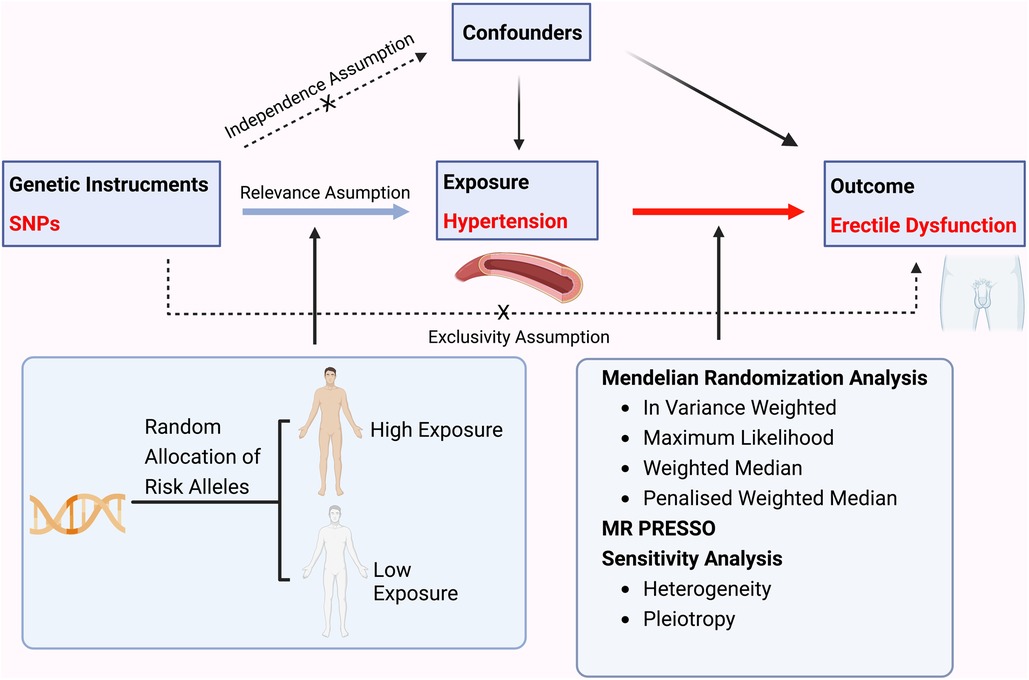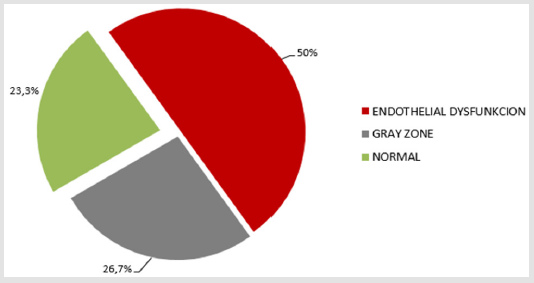lienoverstreet
About lienoverstreet
Exploring Effective Treatments For Consuming Disorders: A Comprehensive Case Research
Consuming disorders (ED) are complex mental health situations that require a multifaceted method to treatment. This case research explores the assorted treatment modalities for consuming disorders, specializing in a hypothetical affected person named Sarah, who is struggling with anorexia nervosa. By means of Sarah’s journey, we’ll examine the effectiveness of various therapeutic approaches, the importance of a supportive surroundings, and the role of medical intervention.
Background of the Case
Sarah is a 22-year-old college student who has been struggling with anorexia nervosa for the previous three years. She is characterized by an intense concern of gaining weight, a distorted body image, and a big restriction of meals intake. Sarah’s condition has led to severe physical well being issues, together with malnutrition, electrolyte imbalances, and amenorrhea. Moreover, her academic performance has declined, and she has withdrawn from social activities, further exacerbating her mental well being points.
Preliminary Evaluation
Upon her first go to to a specialized consuming disorder clinic, Sarah underwent a complete assessment. This included a bodily examination, psychological evaluation, and nutritional evaluation. The outcomes indicated that Sarah’s physique mass index (BMI) was significantly below the conventional vary, and she exhibited signs of anxiety and depression. The treatment group, consisting of a psychiatrist, psychologist, dietitian, and medical doctor, developed a tailored treatment plan that addressed her physical, emotional, and psychological wants.
Treatment Modalities
- Medical Intervention
Step one in Sarah’s treatment was to stabilize her bodily well being. This involved close monitoring of her vital signs, hydration ranges, and electrolyte stability. The medical crew prescribed supplements to address her nutritional deficiencies and implemented a gradual refeeding protocol to help her acquire weight safely. Regular medical check-ups had been necessary to ensure that Sarah’s bodily health improved and to forestall any life-threatening complications.
- Psychotherapy
Psychotherapy is a cornerstone of consuming disorder treatment. For Sarah, cognitive-behavioral therapy (CBT) was chosen as the first therapeutic approach. CBT focuses on figuring out and changing negative thought patterns and behaviors related to the eating disorder. Sarah attended weekly therapy sessions the place she learned to problem her distorted beliefs about food and body picture. The therapist additionally helped her develop coping strategies to manage anxiety and stress.
In addition to CBT, Sarah participated in group therapy classes. These sessions provided her with a supportive surroundings where she may share her experiences and connect with others going through comparable challenges. The sense of group and understanding among group members played an important function in reducing Sarah’s emotions of isolation.
- Nutritional Counseling
Nutritional counseling was an integral part of Sarah’s treatment plan. A registered dietitian worked together with her to create a balanced meal plan that regularly increased her caloric intake. The dietitian educated Sarah in regards to the importance of nutrition for her bodily and psychological health, helping her to understand that food will not be the enemy but a vital supply of power and nourishment. The dietitian additionally encouraged Sarah to observe conscious consuming, focusing on the experience of eating rather than the fear of weight gain.
- Household Involvement
Recognizing the affect of household dynamics on eating disorders, the treatment staff concerned Sarah’s household in her restoration process. Family therapy sessions had been conducted to deal with any underlying points and improve communication throughout the household. Sarah’s dad and mom realized the best way to assist her with out enabling her disordered behaviors. This holistic strategy helped create a extra supportive dwelling atmosphere, which was crucial for Sarah’s recovery.
Progress and Challenges

As Sarah progressed through her treatment, she started to regain weight and improve her physical well being. Her participation in therapy allowed her to confront her fears and develop healthier coping mechanisms. Nevertheless, the journey was not with out challenges. Sarah experienced setbacks, together with intervals of increased anxiety and moments of relapse into disordered eating behaviors. The treatment crew emphasised the significance of resilience and inspired Sarah to view setbacks as part of the recovery course of quite than as failures.
End result and Long-term Strategies
After six months of intensive treatment, Sarah achieved a healthier weight and demonstrated vital improvements in her psychological health. She was capable of return to varsity and re-interact in social actions. In case you liked this informative article along with you wish to get more information regarding erectiledysfunctiontreatments.online generously pay a visit to the web page. Nonetheless, the treatment workforce emphasised that recovery from an eating disorder is an ongoing course of. To assist her lengthy-term restoration, Sarah was encouraged to continue attending therapy sessions and take part in assist teams.
Additionally, the significance of self-care and stress administration was highlighted. Sarah learned to include regular bodily exercise, mindfulness practices, and hobbies into her routine to keep up her psychological properly-being. The treatment crew additionally provided her with assets to assist her navigate potential triggers in her atmosphere, guaranteeing that she had methods in place to manage her psychological health successfully.

Conclusion
This case examine illustrates the multifaceted strategy required to treat eating disorders effectively. Sarah’s journey highlights the significance of medical intervention, psychotherapy, nutritional counseling, and family involvement within the recovery course of. While the trail to recovery may be challenging and nonlinear, a complete and supportive treatment plan can result in positive outcomes. Ongoing assist and self-care are essential components of sustaining restoration and promoting general effectively-being for people struggling with eating disorders. By means of understanding, compassion, and efficient treatment, people like Sarah can reclaim their lives and foster a healthier relationship with food and their our bodies.
No listing found.
